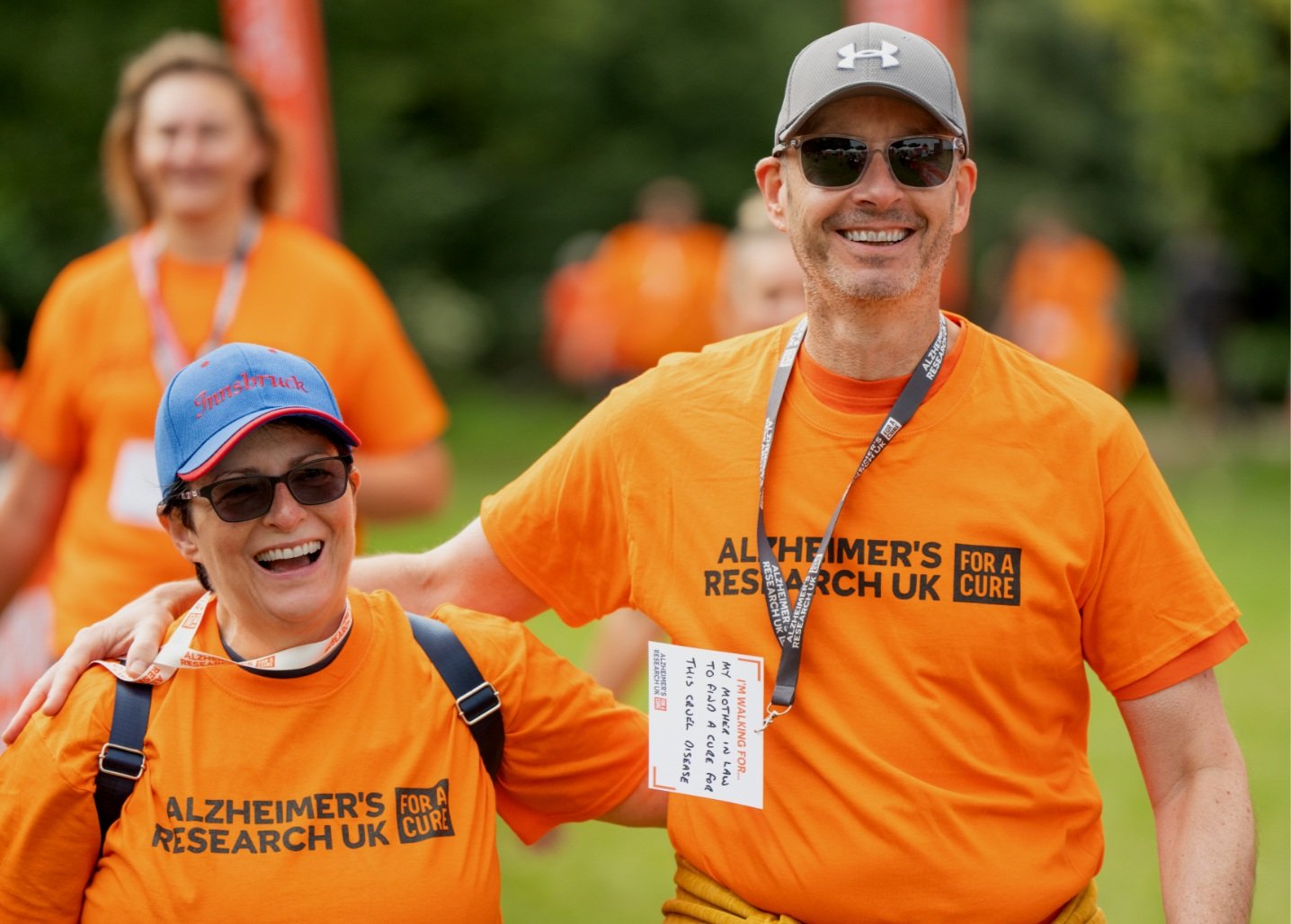
How we helped Alzheimer’s Research UK align social and organisational strategy following a rebrand
The backstory
Alzheimer’s Research UK is the UK’s leading dementia research charity. In 2024, their mission became even clearer: accelerate progress towards a cure for all forms of dementia. As part of their new strategic direction, they partnered with us to explore how the "For A Cure" branding message could be more effectively communicated across social media and tailored to different audiences.
However, they faced several challenges:
Being reactive – The social team felt stuck in a cycle of fulfilling tasks rather than driving strategy. They needed time to be proactive and creative. A social audit was essential to highlight what had worked in the past and where there were gaps. This would also help them educate internal teams on why not everything belongs on social media.
Outdated audience profiles – While they had a solid understanding of their audiences, their insights felt outdated. They wanted a more data-driven understanding of both their engaged social audience and those interested in dementia research but not yet following them.
The value of social wasn’t clear – Social media was widely used across the organisation, but its direct contribution to their overarching goals wasn’t always understood.
How it went down
We began with a comprehensive social media audit to assess Alzheimer’s Research UK’s content, engagement, and processes. From there, we co-created a strategy through workshops and aligning social media with their organisational goals. Our key focus areas included:
Refining content strategy – Implementing the 80/20 Call to Action rule to prioritise engagement while balancing actions like email sign-ups and donations. We also ensured a stronger emphasis on bold, science-led content tailored for different platforms.
Improving internal processes – Streamlining collaboration between teams, cutting unnecessary meetings, introducing structured “Creative Sprint” sessions, and enhancing cross-team communication. A dedicated Process Optimisation workshop helped pinpoint inefficiencies and improve workflows.
Strengthening employee advocacy – Developing a programme to empower key thought leaders across the organisation to share expertise and advocate for the organisation online.
Gaining deeper audience insights – Running detailed audience analysis reports to better understand both engaged followers and untapped audiences interested in dementia research, allowing for more targeted content and outreach.
Measuring impact effectively – Establishing a structured reporting framework, monthly reporting templates, and clear social KPIs to track progress.
To ensure a smooth implementation, we provided a detailed action plan, breaking recommendations into short- and long-term activities they could roll out over time.

